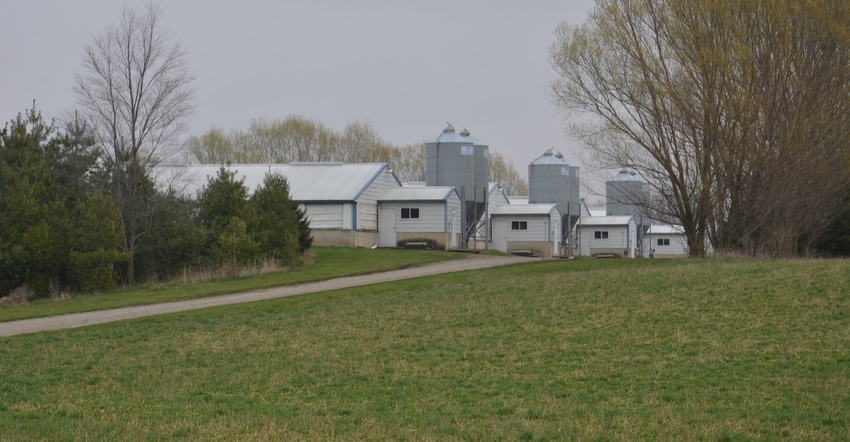March 25, 2019

Wayne Dillman used to tell farmers that the most important thing he did for them was making sure certain ideas never saw the light of day beyond the Statehouse. The former ag legislative specialist for first, Indiana Farmers Union, and later, Indiana Farm Bureau, would tell people that it wasn’t always “what we got them to do for you,” but sometimes, “what we helped prevent them from doing to you.”
Several bills died early in Indiana’s 2019 legislative session. For agriculture, it’s fortunate many of these items disappeared. However, a few well-intended items may have slipped away in the process.
Dead for 2019
Here are 15 bills the Indiana Farm Bureau reported as “dead” for 2019 in its March 8 weekly Dispatch newsletter. These bills failed to pass out of their respective house of origin:
1. Livestock air quality. House Bill 1378 focused on air quality emissions, setbacks and other issues related to livestock operations. It would have imposed more regulations on some facilities.
2. Livestock expansion. H.B. 1044 sought to limit construction and expansion of confined feeding operations within Indiana under certain situations.
3. Livestock inspection. Senate Bill 247 would have required annual inspection of CFO units within the state.
4. Local income tax changes. H.B. 1033 would have allowed local income tax laws to expire and replaced them with new provisions regarding local income taxes.
5. Annexation ordinances. H.B. 1359 would have changed required timelines for public hearings and annexation ordinances if a petition were filed under certain guidelines.
6. Executive authority. S.B. 556 sought to give the authority to deny an annexation to a county executive.
7. Township study committees. S.B. 366 wanted to establish a study committee to look at the efficiencies of reducing current township government structure.
8. Township advisory boards. H.B. 1650 would have eliminated township advisory boards entirely, except in Marion County. It was soundly defeated.
9. Funding township fire services. S.B. 309 sought to establish a study committee to pursue issues related to funding for township firefighting services.
10. Hemp marketing. H.B. 1385 wanted to establish a plan to study growth, cultivation and marketing of hemp and hemp products. However, S.B. 516, related to establishing the Indiana Hemp Advisory Committee to advise the state seed commissioner and the Indiana State Department of Agriculture, and to bring certain Indiana regulations in line with federal guidelines, was moving during the second half of the session.
11. Local public questions. S.B. 246 sought to change the law so certain public questions such as school referendums could be placed on the ballot only during a general election. The idea, proponents said, was to require these votes when there would be heavier voter turnout.
12. Partition fences. S.B. 308 would have changed the definition of partition fences and overturned decades of existing fence law.
13. Raw honey. S.B. 530 would have exempted raw, unprocessed honey from food-establishment regulations.
14. Veterinary technicians. S.B. 351 simply wanted to rename veterinary technicians as veterinary nurses.
15. Mislabeled food. H.B. 1414 wanted to classify food products as “mislabeled” if they were not derived from livestock or poultry but labeled as such.
You May Also Like




